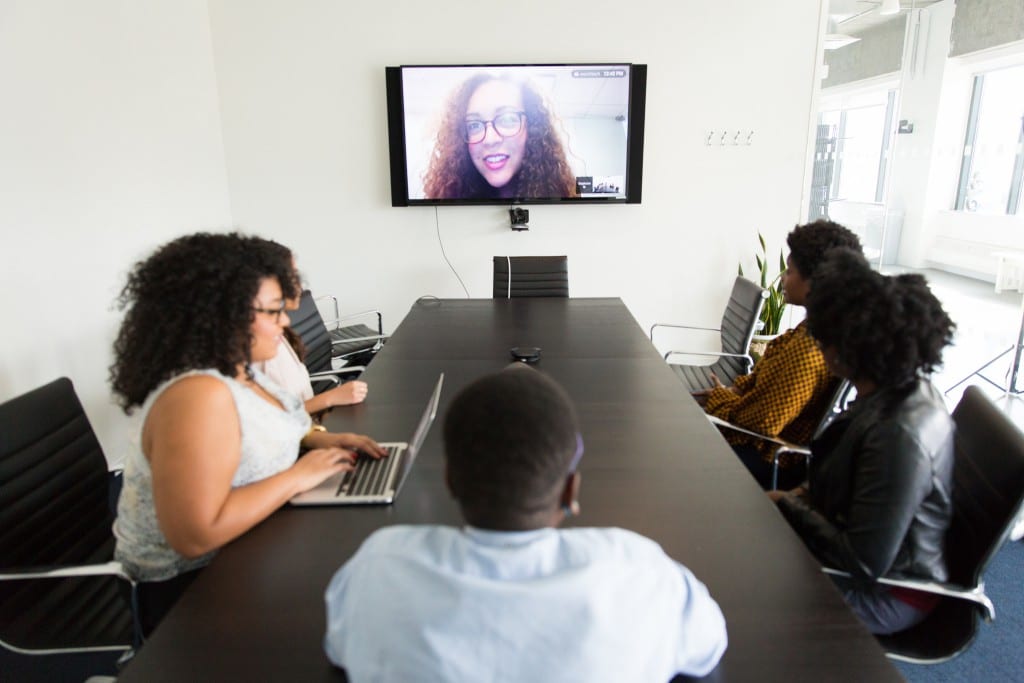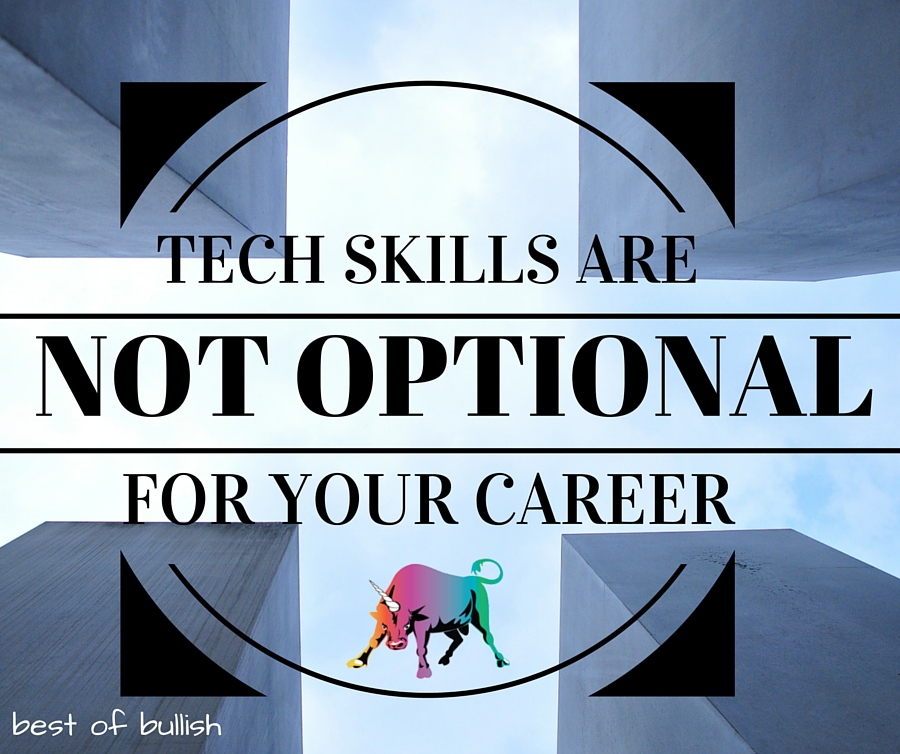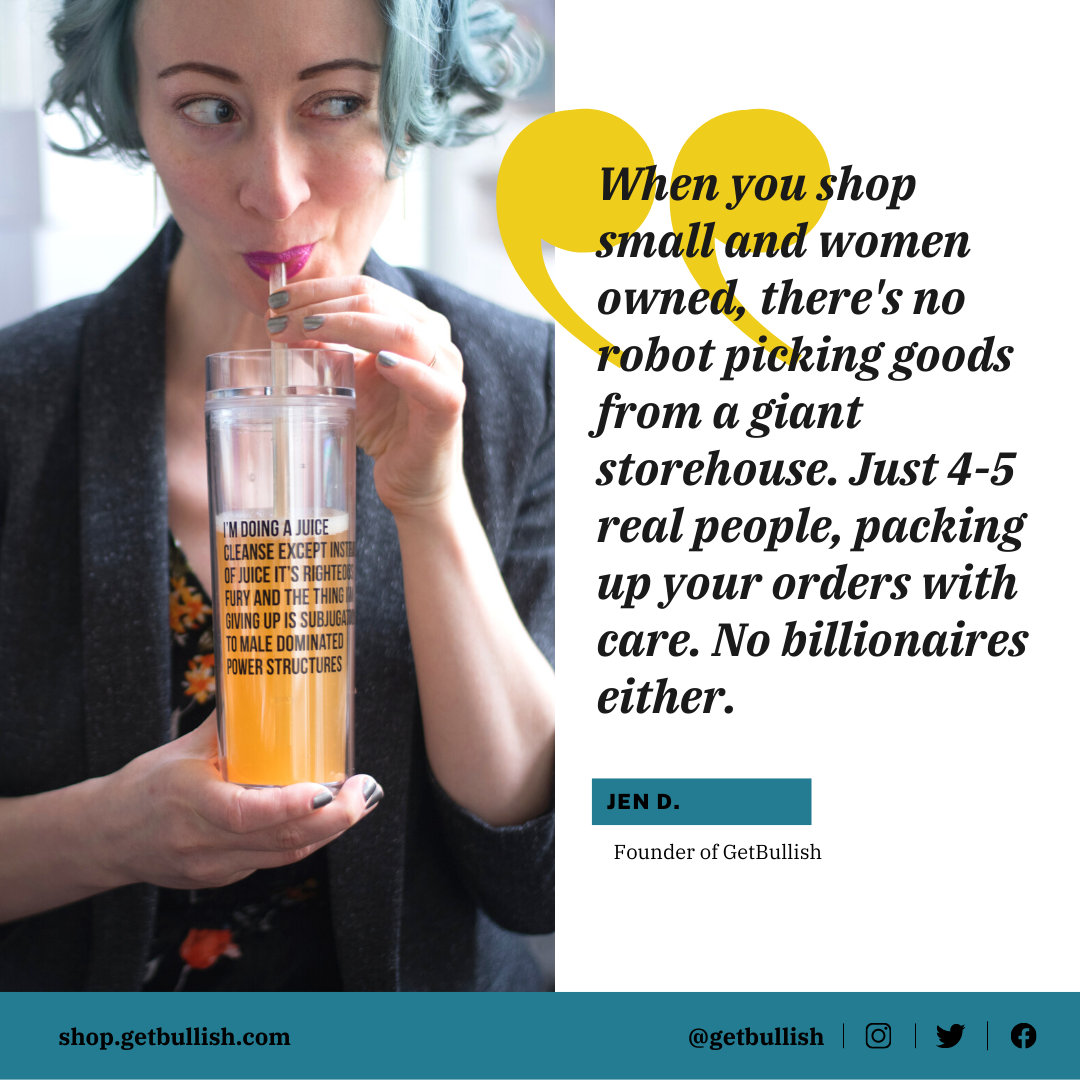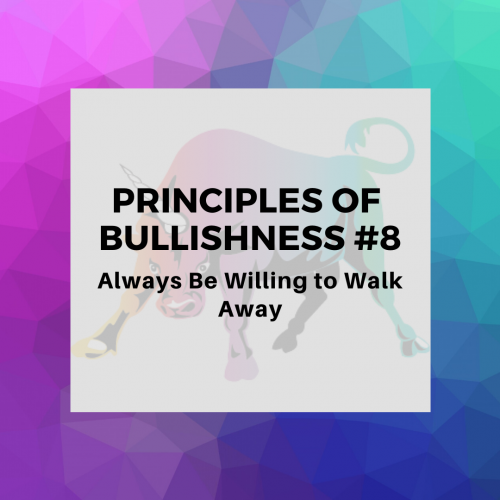I think most people agree that, even if you don’t want to be a writer, it’s important to be able to write.
Whether you want to be an opera singer or a relief worker or a mountaineering instructor, you need to be able to send literate emails to people in positions of power and to send out typo-free resumes. You might need to write grant proposals. Et cetera. Which is why you had to take English every year of school, even if you only wanted to do music or science.
Technology is now the same thing.
I just don’t think there’s any excuse for, “Oh, I’m just bad at technology.” Would you say, “Oh, I’m just terrible at English?” Probably not if it’s the only language you know, right? There’s nothing cute or praiseworthy at claiming incapacity at something that is now an inextricable part of any job. Here’s the Harvard Business Review: Technological Know-How is a Job Requirement.
Being terrible with computers is simple illiteracy. It’s not something to brag about.
Furthermore, tech skills – even if you don’t want to start a tech company or work in IT – 1) help make you more self-sufficient as an entrepreneur, and 2) give you solid, concrete, verifiable skills that no one can deny, even if he or she doesn’t like what you look like or where you came from.
On the first point, Amanda Steinberg, founder and CEO of DailyWorth, said in this interview with TheGrindstone:
“When getting a business up and running, it’s crucial to be as self-sufficient as possible. Absorb every relevant skill you can, so you don’t have to rely on others to do work you could do yourself. An example of this is learning how to write Web programming code – it virtually guarantees job security, garners lucrative wages, and makes you one of the more influential contributors to any project. It also gives you the freedom to start any online business as you don’t have to pay someone to experiment with new ideas. Learning how to program over a period of five-six years was without a doubt the most important thing I’ve done in my career.”
On the second point, IT guru Reginald Braithwaite’s A Woman’s Story is the tale of his mother’s foray into computer programming before anyone even knew what that was.
The post begins, “A little over sixty years ago, a young, intelligent black woman named Gwen was graduating from Allenby Junior Public School in Toronto.”
Then: Gwen’s family has to fight for her to be able to attend a regular, academic high school instead of a trade school. After college, she responds to a job ad for young men to work in “data processing” and has to finagle her way into being able to take, essentially, an IQ test, which she aces, allowing her – once she convinces the interviewers that her scores were not a “prank” – to become employed as a computer programmer. She goes on to a long and fruitful career.
Reflecting back on her experience, she said, “The computer didn’t care that I was a woman or that I was black.”
Seriously, go read the whole thing here and come back. I’ll wait.

Tech skills are learnable, just like other types of skills.
I’m not saying that there is no such thing as natural talent in programming or other tech fields. But a lot of what you might perceive in others as natural talent is just the result of having gotten an early start – somehow, a lot of (mostly white and Asian) teenage boys are learning coding at home, in high school or earlier. Fine for them, but don’t confuse it for some level of natural talent they have and you do not.
Anyone can boost her career by learning tech skills the same way you learn anything else – piece by piece, starting at the beginning.
I think it’s reasonable to talk about math here. I love math, but it’s a recent development. I’ve never seen people perk up so much as when, in my seminars on how to beat the GRE, I tell people that, sure I have a perfect GRE score and write GRE books – and I didn’t get good at math until I was 25. I just learn like a motherfucker, and so can you. (I don’t actually say “motherfucker” while giving seminars.)
In college, I taught myself HTML because I wanted to make websites to publish my writing. I didn’t especially love technology.
But when you really dig deep into anything, you discover certain pleasures. I like making tables in HTML. Because EVERYTHING HAS TO GO IN A BOX. And I can set the attributes of all the cells! Everything looks better with a bit of cellpadding.
It turned out I also liked placing things visually on pages, the same way that now, every time I use an especially large onion, I rearrange my onion bowl in an artistic manner. Seriously, I see that as the same thing. (If it’s not unprofessional for business to be full of baseball metaphors, then I reserve the right to use any metaphors I want, regardless of gender associations.)
HTML has come in handy many times since then – when I made websites for companies and projects I wanted to start, when I just want to change one little thing without bothering my web designer (and getting billed for it), when I send in blog posts with interesting formatting and I don’t want to trust the process of sending in something that will be cut-and-pasted into WordPress in “Visual” mode.
I didn’t have to become the champion of technology to start a tech company, either. In fact, I spent most of college living in what I have since described to others as a “co-ed computer science fraternity” (it was a co-ed fraternity that just happened to be very geeky) and being the one asking all the dumb questions of my friends, who were mostly actual programmers and viewed web design as something really any monkey motivated by enough fruit could pick up.
And yet, when I began hiring programmers across campus, and going out and getting clients for my web design company (later an internet marketing firm), I didn’t have to be the best at technology to be the best of the sorts of people who are good at talking to clients, and who bothered to start companies.
When I was a nineteen-year-old entrepreneur, adults would often say, “Oh, you must really love the Internet.”
“No,” I would say. “If my best option for starting a company were soybean futures, I’d do whatever it is you do with soybean futures. The Internet is just what’s here right now.”
It was also, of course, a great way to use youth to my advantage, although I didn’t really recognize it at the time (see Bullish: Three Career F*ckups I Made So You Don’t Have To).
But I don’t like technology.
A lot of kids don’t like learning to read. Suck it up.
Writing code doesn’t really delight me, but anything has an internal logic – an almost magical way things come together – when you get really into it.
But, seriously: In most of the rest of the world, people are thrilled to be able to keep attending school throughout their teen years for a chance at attending a university where, upon graduation, if they are really lucky, they will get to work at a hotel that serves Westerners and oil magnates.
If you have enough privilege to be reading this article and to have a little bit of time and good internet access, I think you owe it to your future self to master new marketable skills wherever you can. You can take MITx classes for free. Also: Code Academy. And a million books from the library that – for a few hundred hours of your time – will teach you how to perform real, quantifiable, demonstrable hard skills. These skills can be deployed in starting business related to the field of your choice.
How To Do Stuff
Code Academy is seriously fun and non-intimidating. I just earned a badge! In under a minute! I don’t know what that means, but I am very excited. (I made a Javascript alert say “BOOBS!” I’m sure Code Academy gets a lot of that.)
Toronto has something called Ladies Learning Code. I just saw a class in iPhone app development advertised on the subway in NYC.
If you’re still in college, there are almost certainly free workshops at some kind of campus computing center, no? When I was in college, I never did an internship (Bullish: Be a Badass, Not an Intern), which gave me plenty of off-terms to stay on campus and use all the resources that were free to me but that I didn’t have as much time to use during the school year (hence: bodybuilding, boxing, computing workshops).
Also – this not really applicable unless you have a teenager – NYC now has a public high school for software engineering. But yay, how cool is that?

In closing…
As Einstein once wrote to a girl who wanted to become a scientist and hoped Einstein would not think any less of her for being a girl: “I do not mind that you are a girl, but the main thing is that you yourself do not mind. There is no reason for it.”
As I mentioned, I didn’t get good at math until I was twenty-five. Now I make six figures with those skills. And honestly: I had a dissolute period in my twenties, and it’s possible that there are some compromising photos of me out there. (Javascript alert: BOOBS!)
Whenever I think about that, or when I think about what happens when I get run over by the A train and lose my legs (this is sort of a recurring nightmare for me, I guess?), or when I think about what happens when I’m disadvantaged in some other way, I think about those hard skills: Can anyone deny that I’m fucking good at the GMAT and that I’ve helped hundreds or thousands of people get into their dream schools? Why, no. They cannot. Those things are numerically quantifiable facts.
In sum: If you’re richer in time than in money, you’re in luck. Will and concentration are the main ingredients you need to build the kinds of skills that no one can deny, and that empower you to build and do things without needing the approval of others.
Originally published on The Grindstone










